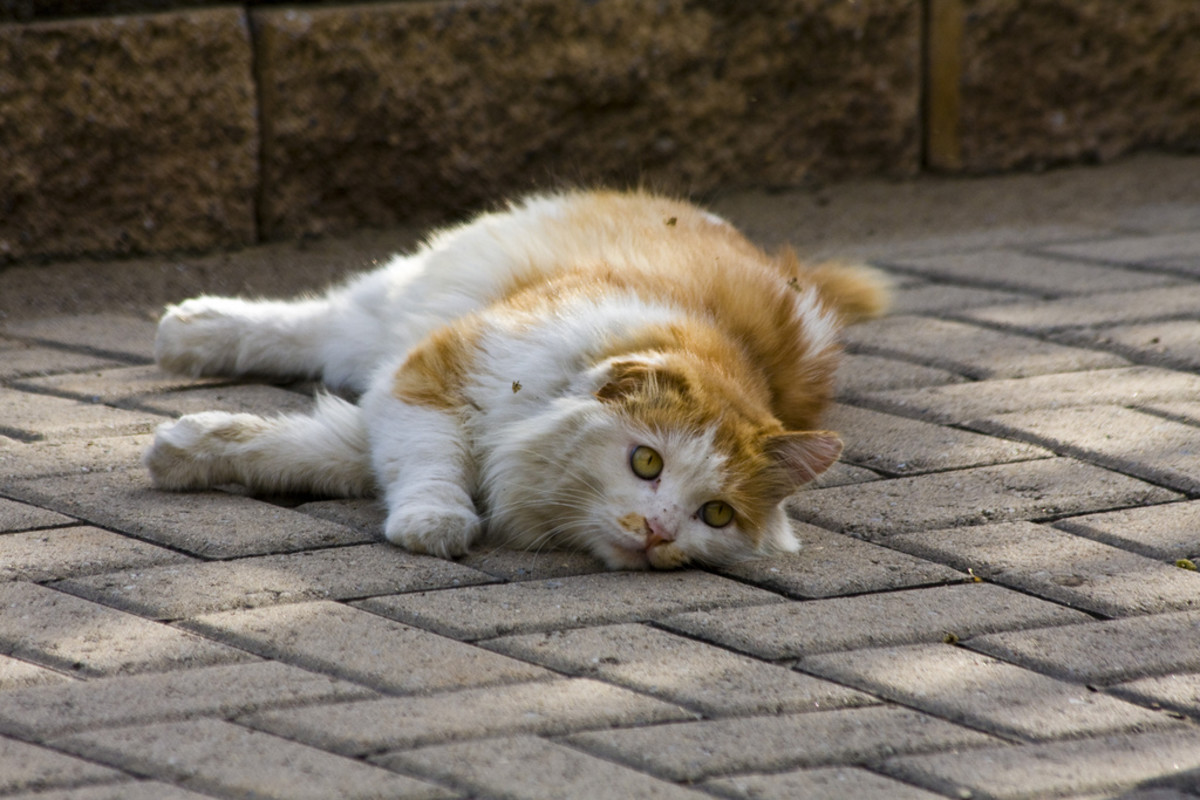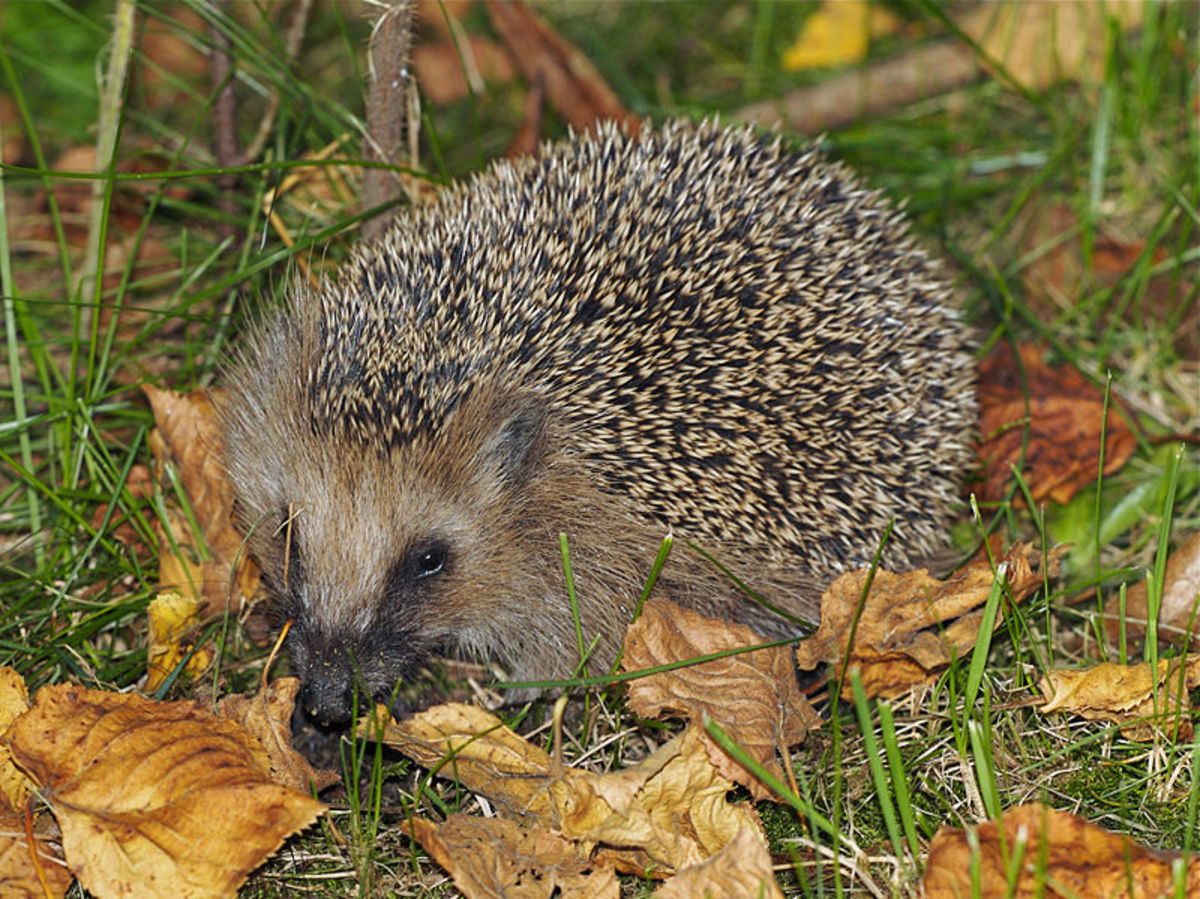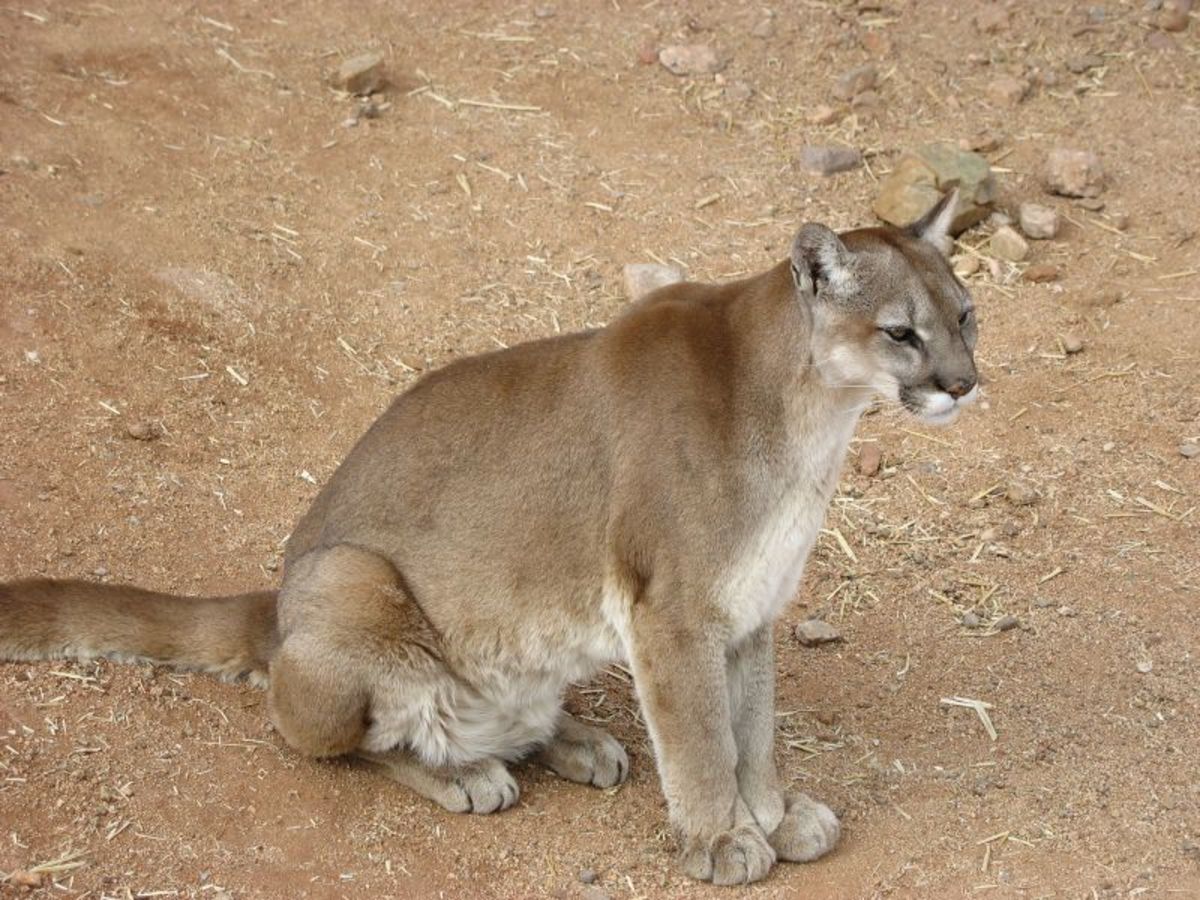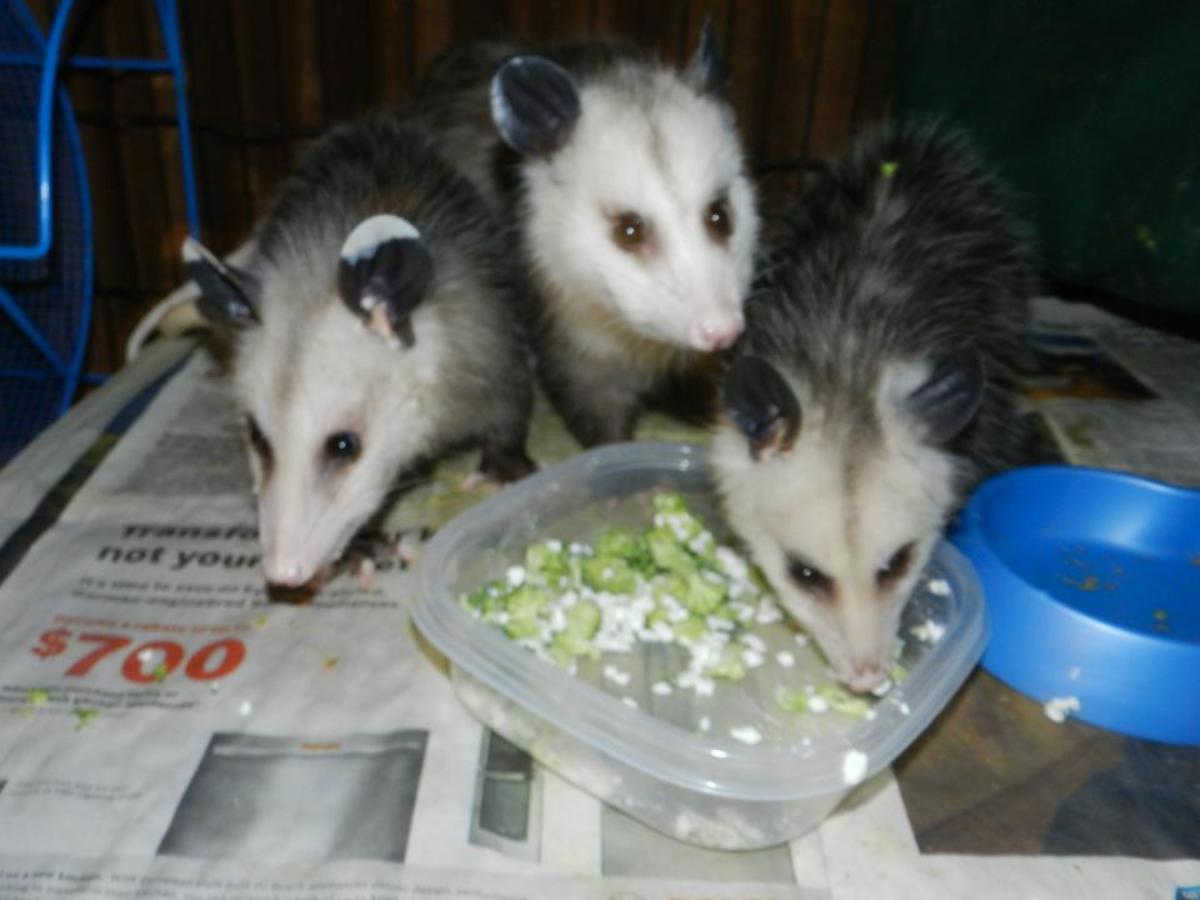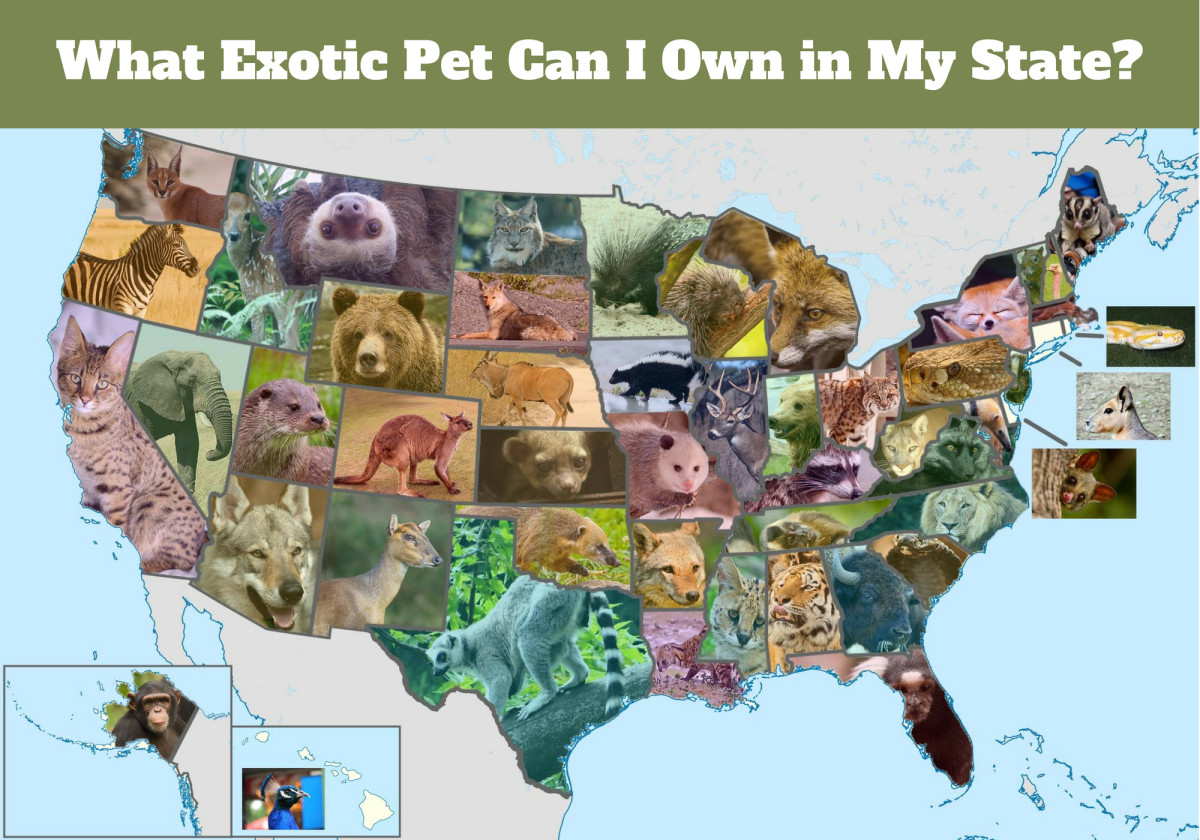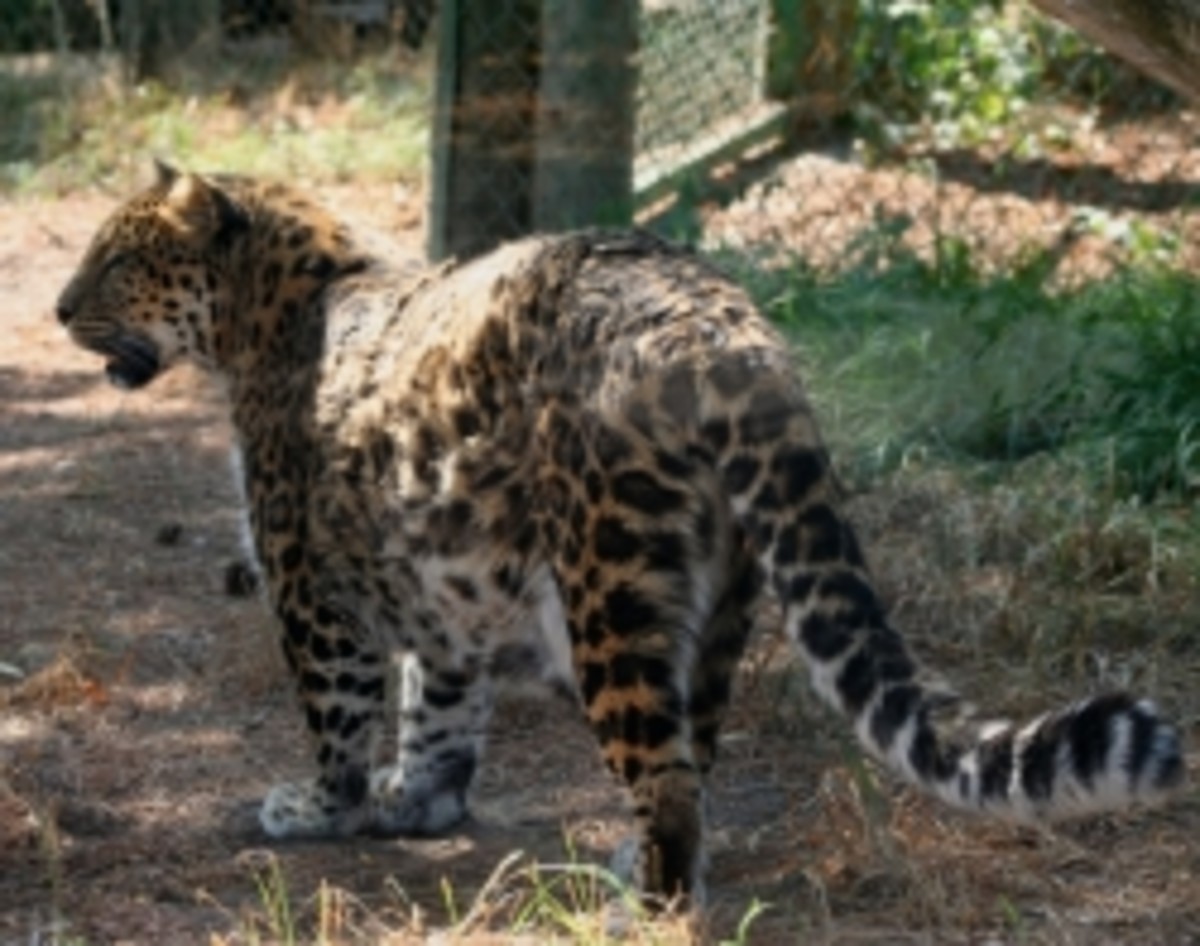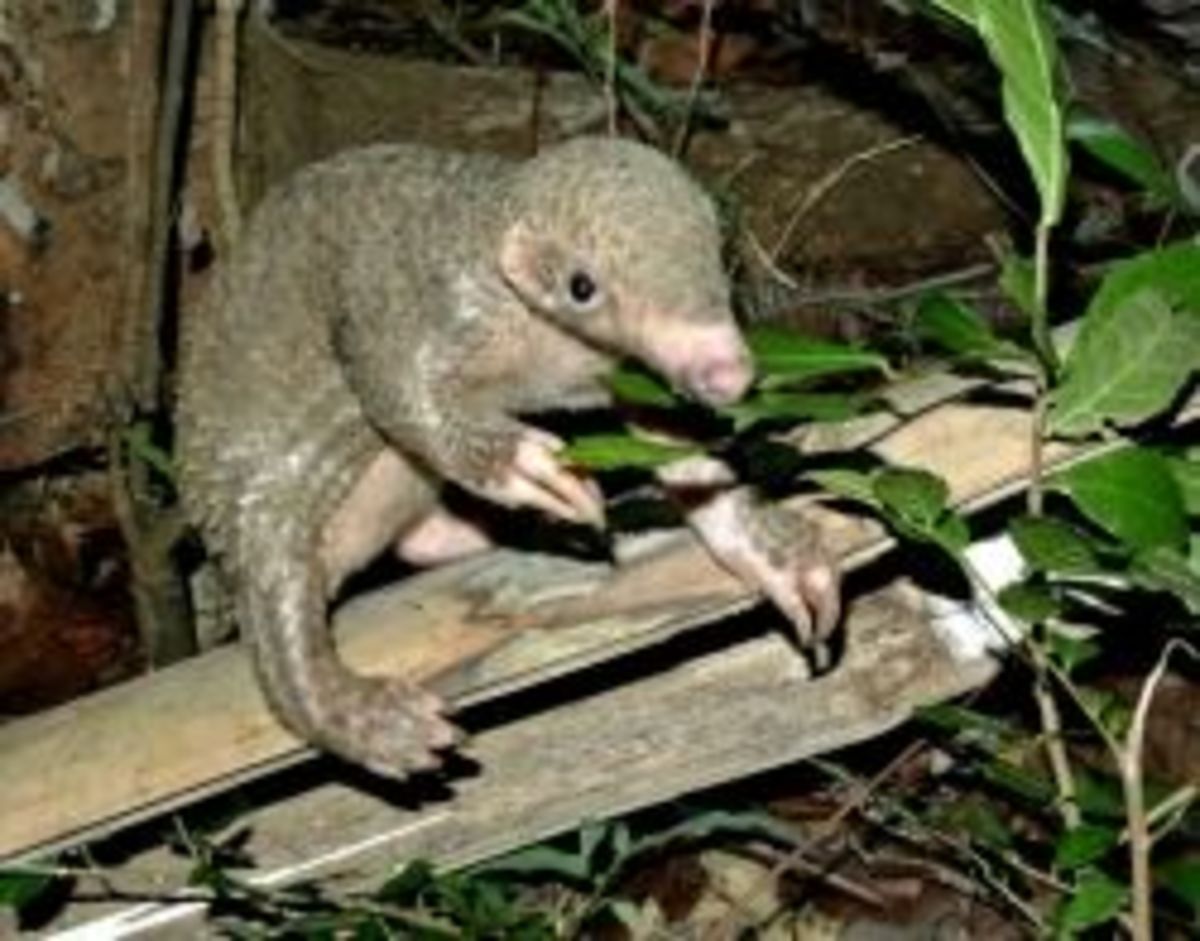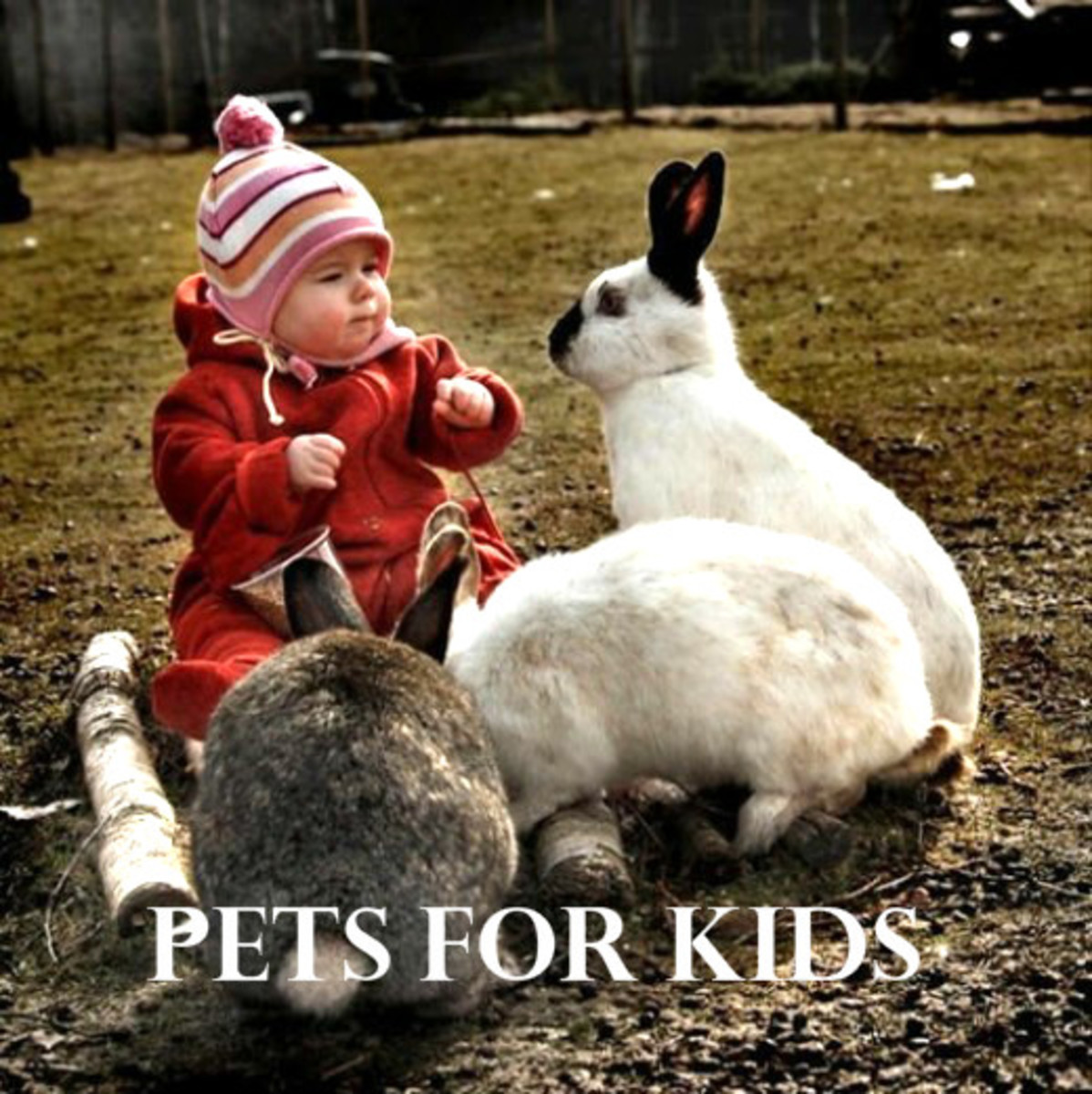Why You Shouldn't Feed Wild Animals
Sharing a Hot Dog with a Cheetah
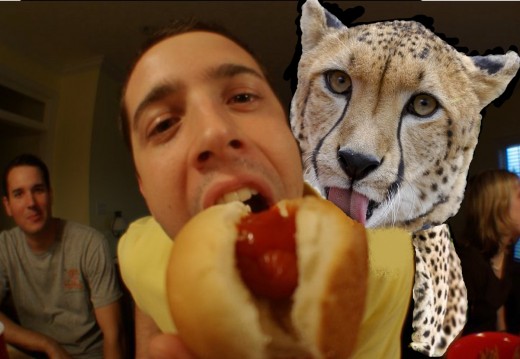
Animals Were Created Under Man
Let me preface this Hub by stating that God made man to be good stewards of all of the animals on Earth. Animals were provided to us so that we could eat, as long as we are informed of what is good for our health. That's why there were "unclean" animals that people in the Old Testament were told not to eat.
But Jesus shared in the New Testament that it is not what goes into a man that makes him unclean, but what comes out of him (his words).
As good stewards of animals, we should not take for granted what God has given us. We should have a respect for the natural world. After all, the natural world cries out the glory of God's creation.
Humans are not animals. We did not evolve this way from a single-celled organism. We were spoke into existence by God. We should not act like animals. We have God's Word, and we can live like civilized human beings.
If you are going to feed wild animals, then you must assume responsibility for them once they are dependent on humans for food. Otherwise...don't feed the bears!
No Feeding the Bears
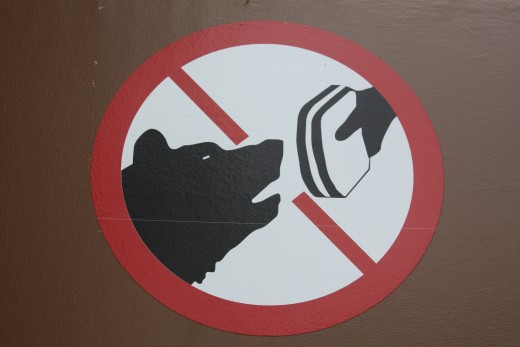
Birds Love Bird Seed
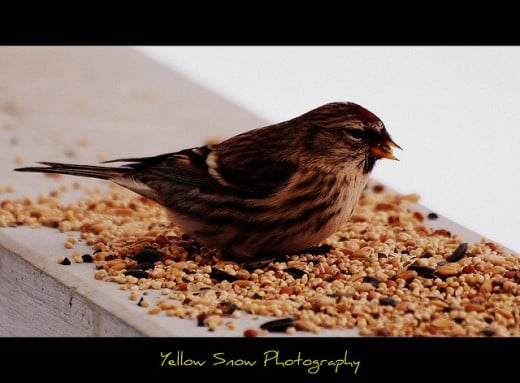
"The Montana Bear Tragedy"
by Author Unknown
This is a very sad story about a bear.. Everybody should heed the
warning to not feed wildlife because they become dependent and cannot
forage for themselves anymore.
This is such a tragedy to see what they have done to our country's
wildlife!
The photo below captures a disturbing trend that is beginning to affect
US wildlife . . . .
Animals that were formerly self-sufficient are now showing signs of
belonging to the Democrat Party..... as they have apparently learned to
just sit around and wait for the government to step in and provide
for their care and sustenance.
This photo is of a Democrat black bear in Montana nicknamed: Bearack Obama.
This Bear Wants Food
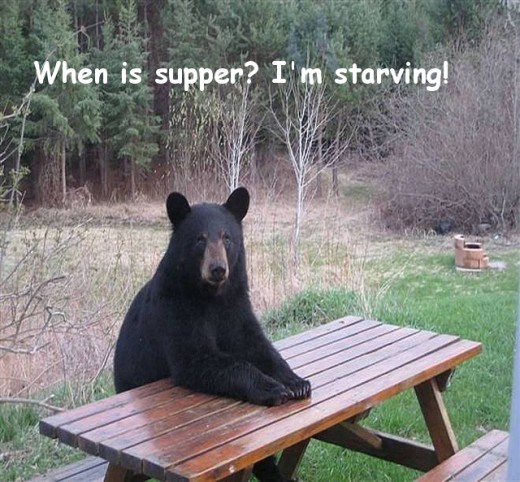
Don't Feed What You Can't Take Care of
If you think it would be harmless to feed that cute little bunny "wabbit" in the backyard, then know the consequences. Be prepared to take care of it. But know this: Animals that live in the wild still have to function within the parameters of their natural environment.
That cute little bunny rabbit still has to be able to protect and defend itself from predators, and that includes domesticated cats and dogs.
Feeding it regularly will teach the bunny rabbit to rely on humans for food, rather than to naturally scavenge and find its own food. You could be doing it a disservice by throwing out lettuce everyday.
Wild animals like wolves, coyotes, jackals, hyenas, moose, yaks, bison, cheetahs, lions, tigers, & bears should not be fed in the wild, because it will teach them to rely on humans for food, when they should be hunting it themselves.
When animals associate humans for food, then they look to humans whenever it is meal time.
It is no longer a perfect world. We no longer live in the Garden of Eden, where the lion lay next to the lamb. If these predators come to populated areas at meal time, and no one is home, they will eat our pets, ravage our homes, and lay waste to our garbage cans.
Do you want to be the cause of this destruction?
If you feed the wild animals, you are the cause.
Stop it immediately.
There is a very good reason that there are signs at zoos and wildlife preserves that say: "Do Not Feed the Animals"
Feeding Seagulls

Feeding the Seagulls?
A fishing community with a marina would clean their fish at the harbor, leaving the scraps for the seagulls to eat.
But hard times impacted the fishing industry, leaving the harbors empty of fishing vessels. The impact was starving seagulls that did not remember how to fish for their food.
The city decided to take action. They imported native seagulls from another country. The local seagulls watched the new seagulls fish for their food. They eventually re-learned how to fish for themselves, and the seagull population returned to normal -- but only after a scare that they would lose their beloved marina birds.
This is yet another example of why we should not feed wild animals without first considering the ecological impact of our actions.
More to Read!
- Did 'Climate Change' Kill 10,000 Tons of Herring in ...
10,000 tons of dead Herring have turned up dead in a shallow fjord in Kolgrafafjordur, Iceland. Iceland's Marine Research Institute thinks they know why, but no solid answers have been confirmed.

